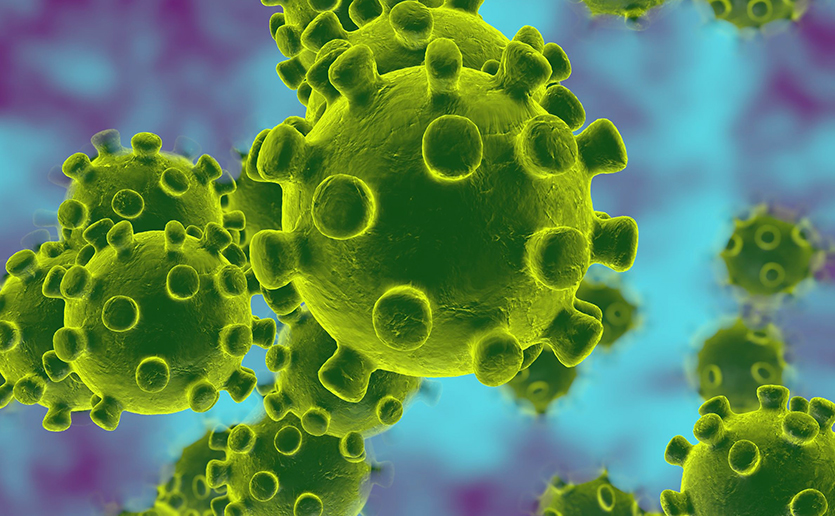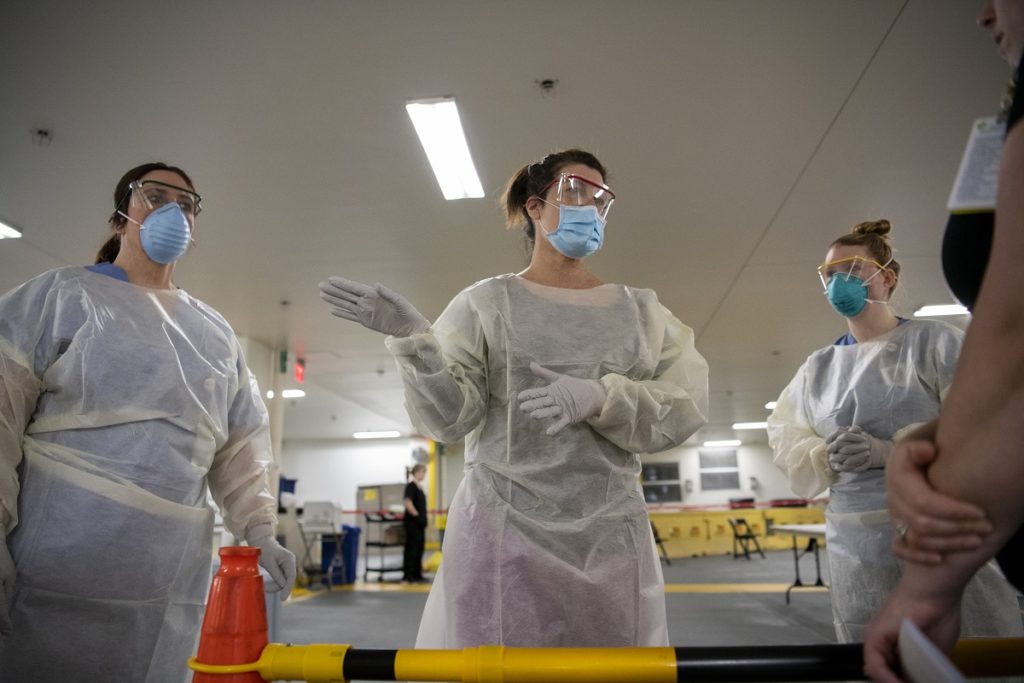Clinicians at Massachusetts General Hospital have been closely monitoring the spread of a new coronavirus – first detected in China last month – which has sickened hundreds and killed several dozen. U.S. officials this week confirmed that several patients in this country have been diagnosed with the pneumonia-like illness. Here, Erica Shenoy, MD, PhD, associate chief of the Mass General Infection Control Unit, offers insight into what everyone should know about this virus.
Unlike the flu, there is no vaccine and no specific treatment for coronavirus beyond supportive treatment …
What is a coronavirus?
Human coronaviruses are common throughout the world and are comprised of large groups of viruses. The illnesses – often transmitted from animals to humans – range from minor colds to more serious infections similar to Middle East respiratory syndrome (MERS) and severe acute respiratory syndrome (SARS). This newest strain of coronavirus appears to also be transmitted between humans.
What are the signs and symptoms of this coronavirus and how does it spread?
The most common symptoms of coronavirus infection range from mild – fever, general body aches, dry cough and breathing difficulties – to severe – a fever of 100.4 F or higher, pneumonia and kidney failure. Coronaviruses can be spread through respiratory droplets emitted from an infected person’s coughs or sneezes, as well as by touching contaminated objects. To curb the spread of the virus, the World Health Organization has advised people to avoid close contact with people suffering from acute respiratory infections, to frequently wash their hands and to avoid contact with farm or wild animals in areas where the virus is spreading, such as China. Unlike the flu, there is no vaccine and no specific treatment for coronavirus beyond supportive treatment, such as resting and staying hydrated.

Where did this case of coronavirus originate from?
The virus was first identified in Wuhan, Hubei Province, China, and since then, thousands of cases have been confirmed by Chinese authorities. Additionally, cases have been identified in several countries internationally, with the first U.S. case confirmed Jan. 21. The Centers for Disease Control and Prevention (CDC) continues to investigate reports to learn more about the virus’ spread.
What else should people know?
It is important to note that while this virus is concerning, we are also amid flu season. The CDC estimates there have been at least 13 million flu illnesses, 120,000 hospitalizations and 6,600 deaths from flu this season. It is imperative everyone gets their flu vaccine which is the best protection against flu.
Chief, Mass General Division of Emergency Preparedness
To learn more about how you can support the Infectious Diseases Division at Mass General, please contact us.
This story was first published in MGH Hotline, a publication for employees and staff of Mass General.





